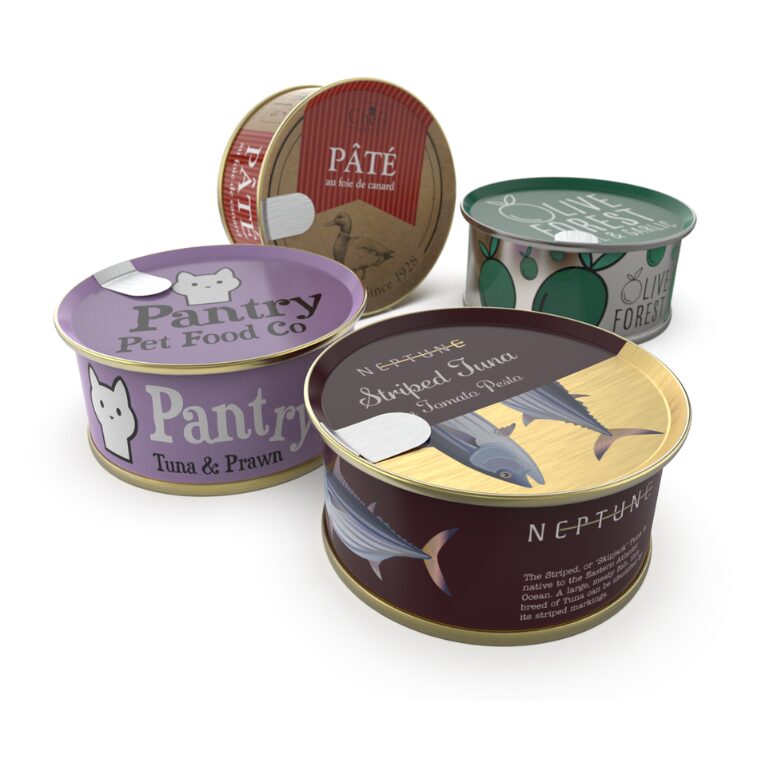

By Francois Querrioux, Chief Operating Officer at Eviosys
Consumers have never had more choice in the products they buy. In such a competitive market, the recurring challenge is how a product can stand out from the crowd. Purchasing decisions are influenced by many elements, including convenience, price and quality; but a rapidly growing factor is sustainability and a product’s impact on the environment.
Our ethos is grounded in creating pioneering packaging solutions that reduce our impact on the planet. We have teams and centres dedicated to the change agenda, focused on research and development. In terms of the role packaging is playing or should be playing to drive sustainable change, these are three areas hot on our agenda:
- Test, learn, respond: A comprehensive research and pilot phase should never be overlooked. This is the space to ask tough questions, push what we think is possible and welcome diverse thought. By listening to colleagues, the needs of customers and end users, companies can ensure that ESG principles are central to the design and manufacturing of their products, from conception. Businesses must stay dynamic and continuously review and innovate their offering. Innovation is crucial for adapting to evolving regulatory frameworks, especially for products involving food contact, for ensuring safety and enhancing usability for the end consumer.
- End-to-end consideration: Sustainable packaging isn’t just the material you see on the shelf – it’s how its sourced, made, transported, used, disposed of and recycled. It’s part of a much wider picture. Close collaboration with suppliers at all stages of the packaging lifecycle is fundamental, as this is where transparent goals and ambitions can be set out. It’s imperative our steel suppliers are also working towards carbon neutrality – we need to be clear about this journey and what this means for our partners.
- The relationship between sustainability and inclusivity: Consumers want more sustainable options, but this can’t mean more sustainable for some. Businesses need to invest in the inclusivity of their products as part of their ESG commitments. For instance, they should supply items that can be easily opened by everyone, regardless of any disability or difficulty. As products and technology become more innovative and capable, this will increasingly become an expectation from consumers.
Sustainability is a non-negotiable and a rising number of consumers are voting with their feet, aligning themselves with brands and products that have robust green credentials. For a myriad of reasons including this, sustainability needs to be considered across the entire ecosystem of a product, from research and development, through to its packaging and marketing. Consumers want change, and FMCG’s who make this step will not only support the future of our environment, but gain vital competitive and commercial ground.






